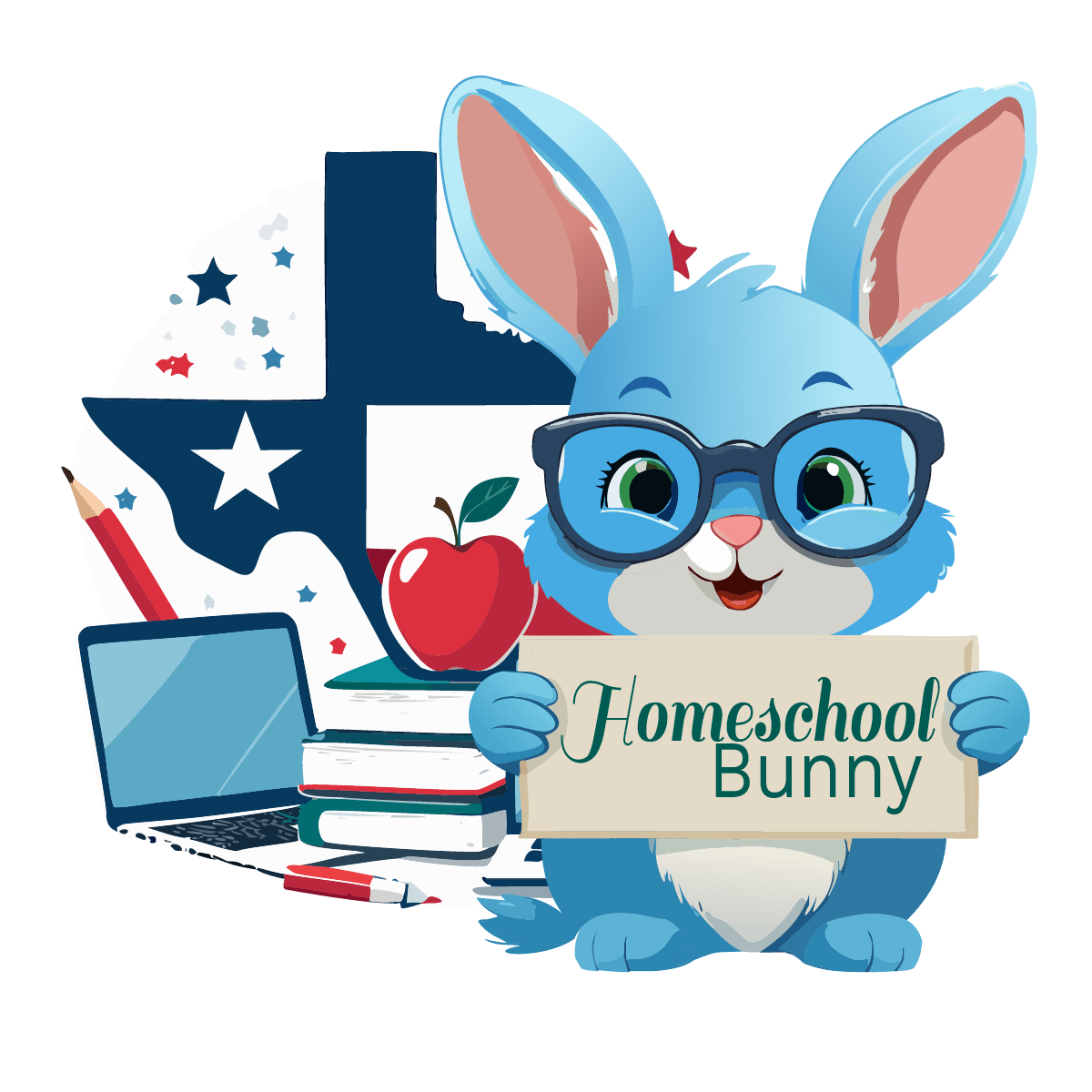Kindergarten Goals
These Texas-based Checklist, Lesson Plan, and Scope and Sequence work together to support effective instruction aligned with the state’s educational standards.
The Checklist outlines the specific knowledge and skills students are expected to master in each subject—such as reading comprehension strategies, multi-digit multiplication, Texas history, and scientific investigation methods—ensuring nothing essential is overlooked.
Lesson plans are then developed using this checklist to provide targeted, engaging instruction that meets the standards. The Scope and Sequence offers a year-long instructional map, organizing content in a logical, developmentally appropriate order—building foundational skills early and progressing toward more complex concepts.
Together, these tools help educators maintain alignment, track student progress, and deliver consistent, high-quality instruction throughout the school year.

Kindergarten Guidelines Checklist
Social and Emotional Development
- Shows self-awareness and confidence
- Follows classroom rules and routines
- Manages emotions with adult support
- Develops relationships with adults and peers
- Demonstrates empathy and caring for others
Language and Communication
- Listens with understanding and responds to directions
- Uses language to express needs and ideas
- Engages in conversations and discussions
- Understands and uses new vocabulary
- Follows two- to three-step directions
Emergent Literacy – Reading
- Shows interest in books and reading
- Recognizes that print carries meaning
- Identifies some letters of the alphabet
- Understands basic story structure (beginning, middle, end)
- Makes predictions and asks questions about stories
Emergent Literacy – Writing
- Uses scribbles, marks, or letters to represent words
- Writes own name with or without a model
- Dictates stories or ideas for an adult to write
- Uses writing tools with increasing control
Educational Checklist
Lesson Plans
Scope and Sequence
Curriculum Options
Mathematics
- Counts to 20 or beyond
- Recognizes numbers 0–10
- Compares quantities using more/less/same
- Recognizes shapes (circle, square, triangle, etc.)
- Understands patterns and can extend them
- Sorts and classifies objects by attributes
Science
- Uses senses to explore and describe properties
- Asks questions and makes predictions
- Observes and describes changes in the environment
- Participates in simple investigations
- Demonstrates awareness of Earth and sky (weather, seasons)
Social Studies
- Identifies self and family roles
- Understands classroom and community rules
- Recognizes symbols like the U.S. flag and Texas flag
- Describes routines and traditions
- Identifies community helpers and their role
Fine Arts
- Participates in art, music, dance, and dramatic play
- Expresses ideas through visual art
- Uses a variety of materials to create art
- Responds to different types of music and rhythms
Physical Development
- Demonstrates gross motor control (running, jumping)
- Demonstrates fine motor control (grasping, cutting)
- Practices health and personal hygiene routines
Technology
- Uses age-appropriate technology tools
- Understands the purpose of technology
- Navigates simple software with support
English Language Proficiency (For ELL Students)
- Demonstrates increasing ability to understand spoken English
- Uses English to express needs and ideas
- Participates in classroom conversations in English

